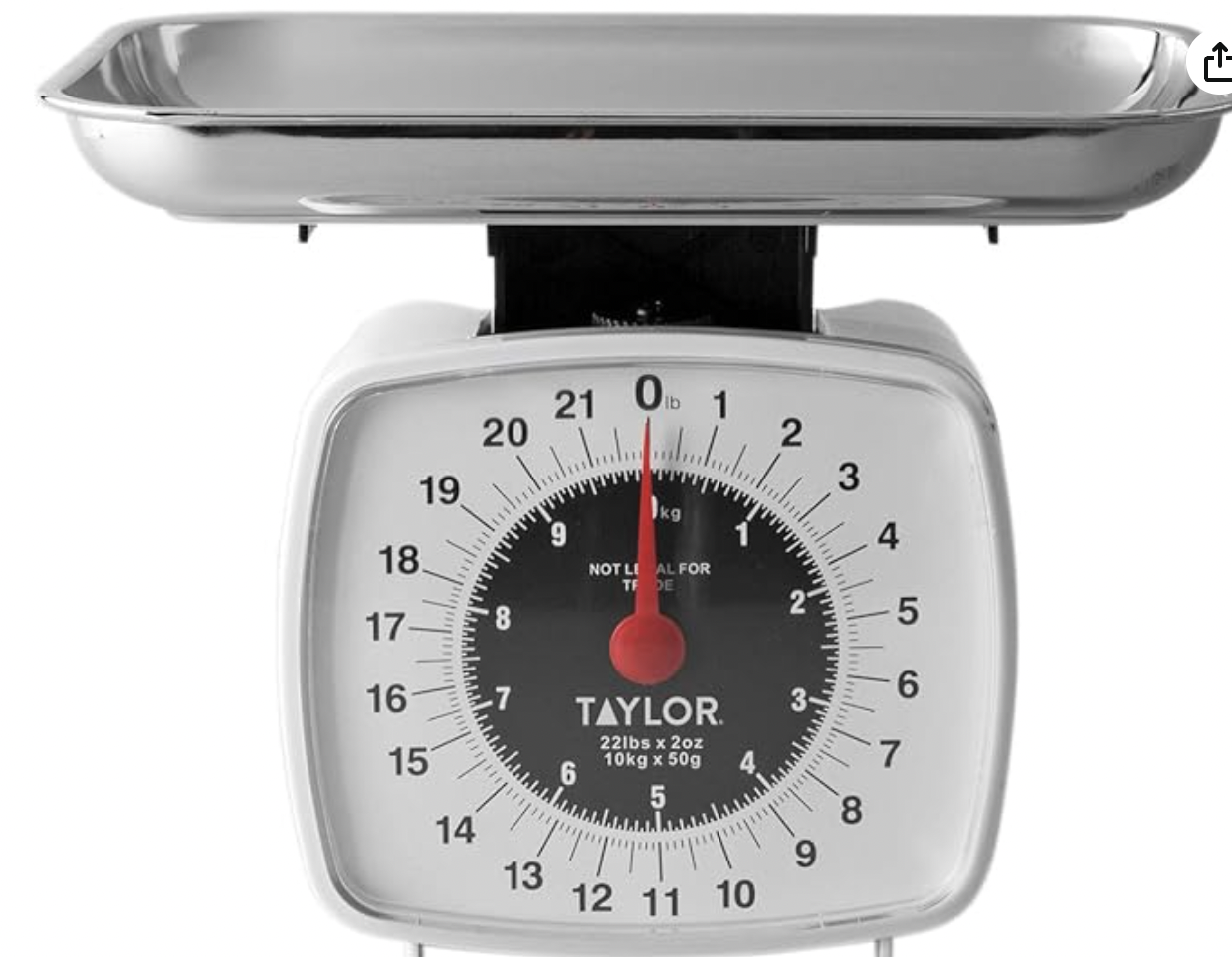A kitchen scale is an essential tool for accurately measuring the weight of food ingredients during cooking. It is typically made of ABS or AAS plastic and stainless steel. Electronic kitchen scales often use tempered glass for the tray part because it is easy to clean. Whether exporting kitchen scales to the United States, Germany, or selling domestically, food contact material testing is required. Below, we detail the testing items for kitchen scales exported to various countries, especially ensuring precise conversion between kilograms (kg) and pounds (lbs).
FDA Testing Report and Process for Exporting Kitchen Scales to the United States
The Food and Drug Administration (FDA) is an authoritative international medical review organization responsible for food and drug management. Exporting kitchen scales to the United States requires the following FDA testing and registration process:
- Ordinary Food FDA Registration (mandatory)
- Canned Food Factory Registration (FCE) and Processing Flow Filing (SID)
- FDA Testing Services for Food Contact Materials and Products (i.e., FDA food-grade testing)
- FDA Label Review
- FDA Factory Inspection
These tests ensure that the food contact materials of kitchen scales are safe and non-toxic, especially meeting standards for accuracy in converting between kilograms (kg) and pounds (lbs).
LFGB Testing Report and Process for Exporting Kitchen Scales to Germany
LFGB certification is the German food-grade testing standard, which requires that daily necessities in contact with food pass tests and comply with the German Food and Commodities Act, Articles 30 and 31. The specific process includes:
- Consultation – The applicant provides product information and samples.
- Quotation – Product technical engineers evaluate the samples, determine the testing items, and quote accordingly.
- Contract Signing – The applicant accepts the quotation.
- Sample Testing – Tests are conducted according to applicable standards.
- Issuing Test Report – Issuing the LFGB compliance certificate.
These processes ensure the accuracy of kitchen scales in converting between kilograms (kg) and pounds (lbs).
CE Certification and Process for Exporting Kitchen Scales to the European Union
CE certification is the passport for products to enter the EU and the European Free Trade Area countries’ markets, indicating that the product meets the safety requirements specified by EU directives. The steps for CE certification are as follows:
- Fill in the Application Form
- Submit Company Information
- Provide Product Information – Determine testing standards, time, and costs.
- Sign Contract – Confirm the quotation, sign the application form, and service agreement.
- Laboratory Testing – Conduct a full set of tests according to EU testing standards.
- Issuing CE Certificate – Complete the report and issue the certificate after passing the tests.
Ensuring precise conversion between kilograms (kg) and pounds (lbs) is a key part of obtaining CE certification.
Domestic Food Contact Material Testing Standards GB4806 and Process for Kitchen Scales
On October 19, 2016, the National Health and Family Planning Commission issued GB 4806.10-2016 “National Food Safety Standard for Coatings and Coatings in Contact with Food”. The specific process is as follows:
- Fill in the Application Form
- Provide Product Information
- Send Samples
- Testing – Conduct tests according to standards.
- Issuing Report or Certificate – Issue the report after passing the tests.
- Testing Cycle – Usually 5 working days.
These tests ensure the reliability and accuracy of kitchen scales in converting between kilograms (kg) and pounds (lbs).
The export inspection process for kitchen scales is complex and stringent. Whether it is FDA testing in the United States, LFGB certification in Germany, CE certification in the European Union, or GB4806 standards domestically, all impose high requirements on the safety of food contact materials. Ensuring precise conversion between kilograms (kg) and pounds (lbs) in kitchen scales is a key aspect of all testing items. Accurate kg to lbs and lbs to kg conversion in each kitchen scale is crucial for ensuring user health and safety. Through professional testing and certification, kitchen scales can gain widespread recognition and trust in the international market.
